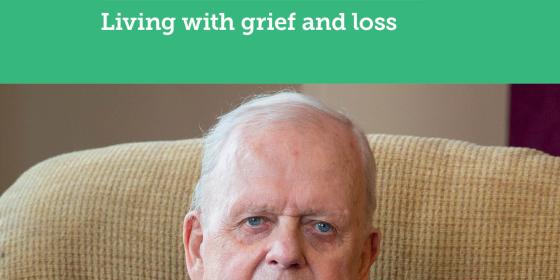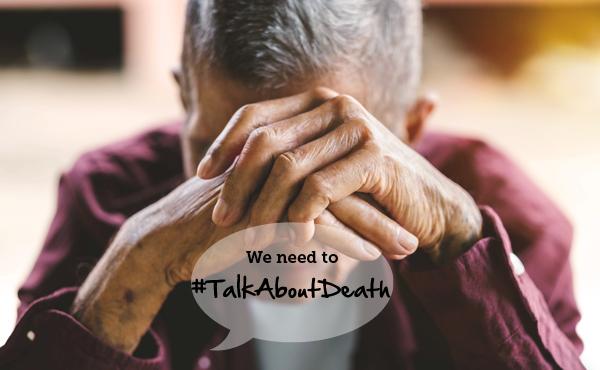
If you find yourself quarrelling with family following a bereavement, here are a few things to bear in mind.
Remember the context
Grief can be overwhelming, and affect thoughts, feelings and behaviour. When a group of you are trying to cope with this at the same time, it can inevitably bring challenges. You might expect to feel sad, but other feelings are also common, including anger and irritation. Emotions can be complex and sometimes frighteningly strong. In addition, dealing with practical matters like the estate and the funeral can put you all under more stress. Arguments with family are upsetting, but this is normal when everyone is grieving and under pressure.
Communicate
It’s important to talk openly to family members and give everyone a chance to express how they’re feeling. Don’t make assumptions about what your relatives think. It might seem obvious to you that the funeral will be organised in a particular way, but others may not share your views. Discuss big decisions before you act.
Remember that everyone needs to grieve in their own way. Try not to expect your family to feel a certain way or judge them if their reactions are different to yours.
Ask for help
It can help to talk to someone outside your family who has some distance from the situation. Cruse Bereavement Care offers emotional support, advice and information (0808 808 1677, cruse.org.uk). You could also speak to your GP, who can monitor your health and provide reassurance. They may be able to refer you for talking therapies such as grief counselling. If the conflict feels impossible to resolve yourselves, you could also consider family mediation. National Family Mediation (0300 4000 636) has more information about this.
Plan for the future
Making plans for the end of your life can help to prevent family conflict. If the person who died made their preferences for their end-of-life care, funeral, and estate division clear, this might have reduced the burden on the family to try to work this out. Practical matters aren’t the only cause of disagreement, but they play a part. You might want to think about your own plans, or the plans of older family members. Would your family know what you wanted? You might be able to use your experiences to start a conversation with your relative about their wishes for their own death.

